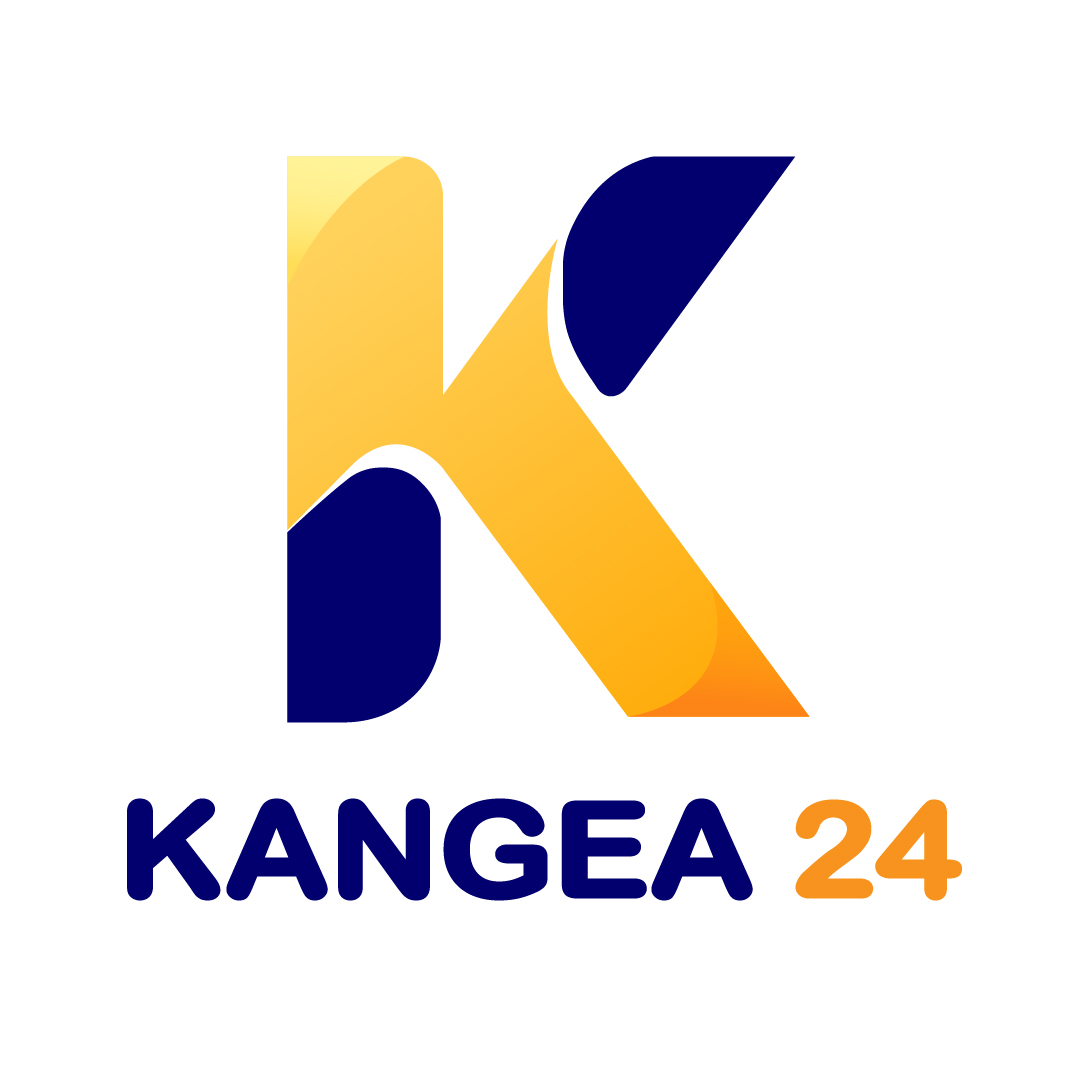





During the recent “Pathways to Success” forum hosted by Eurocham Cambodia, Minister of Labour and Vocational Training Heng Sour stressed the importance of the private sector’s involvement in upskilling the workforce.


Vijian Paramasivam
Cambodia’s journey toward becoming a high-income nation critically depends on its ability to foster a skilled workforce, with significant investments and government initiatives focused on modernizing education and vocational training to meet the demands of a rapidly evolving global economy.
During the recent “Pathways to Success” forum hosted by Eurocham Cambodia, Minister of Labour and Vocational Training Heng Sour stressed the importance of the private sector’s involvement in upskilling the workforce. “Investing in people is the core solution for businesses. If you don’t upskill your staff, they will not possess the necessary knowledge. This forum is timely, coinciding with Prime Minister Hun Manet’s new priority programmes and the Pentagonal Strategies to improve the business environment,” Heng Sour commented.
The need for a competent workforce is more pressing than ever, especially as Cambodia faces rising geopolitical tensions that affect global markets, leading to increased commodity prices and inflation. These conditions exacerbate the challenges to the nation’s economic progress, highlighting the urgency for a workforce equipped with modern skills.
Dr. Antoine Fontaine, Eurocham’s Vice-Chairman in charge of Labour Law, echoed this sentiment, stating, “Addressing the skills gap in the country is a top priority for Eurocham. This event serves as a platform to promote sustainable HR practices and devise strategies to tackle critical skills shortages vital for Cambodia’s development.”
Read More: Opinion – The Essential Skills for Young Cambodians to Excel in their Careers
The demographic dynamics of Cambodia further underline the necessity for robust workforce development. Over 60 percent of the nation’s population is under the age of 35, with a labor force participation rate of 80 percent, according to the Council for the Development of Cambodia. Yet, a World Bank report has pointed out a glaring issue: the lack of education and skills is seen as the single biggest hurdle to the country’s future economic development.
World Bank’s Senior Economist Faya Hayati provided a comparative analysis underscoring the urgency of addressing these educational deficits. “A Cambodian worker produces $7,000 worth of output per year, which is significantly lower than in neighboring countries like Vietnam and Thailand. This is due to only 49 percent of human capabilities being utilized in Cambodia, compared to 69 percent in Vietnam, which can be attributed to deficiencies in education and nutrition,” Hayati explained.
The Eurocham Cambodia, SwissContact, and the government’s Skills Development Fund’s survey revealed that 74 percent of companies face difficulties in hiring qualified staff due to labor shortages, inappropriate location, and prevalent skills gaps. Skills such as leadership, project management, and quality control top the list of competencies in demand across various sectors.
Industry professionals shared their perspectives and challenges at the forum. Sam Sorphea, Human Resources Director at Shangri-LA Phnom Penh, highlighted significant skill gaps in communication, urging for increased collaboration between the government, TVET schools, NGOs, and the private sector, especially in training for the hospitality industry. “Fewer students are enrolling in hospitality training, and the government needs to play a more active role,” Sorphea added.
Similarly, Emmanuelle Mace-Driskill, General Manager at Luxury Business Group, discussed the retail sector’s struggles due to skill shortages, emphasizing the untapped potential of young individuals from rural areas lacking access to formal education.
Concluding the forum, Chheav Narath, Chairman of Eurocham Cambodia’s Human Resources Committee, emphasized the necessity of both hard and soft skills for the workforce. “There is no magical solution; it is an ongoing effort. Our challenge is not only to equip our staff with hard skills but also with essential soft skills like communication, leadership, and management,” Narath stated.

